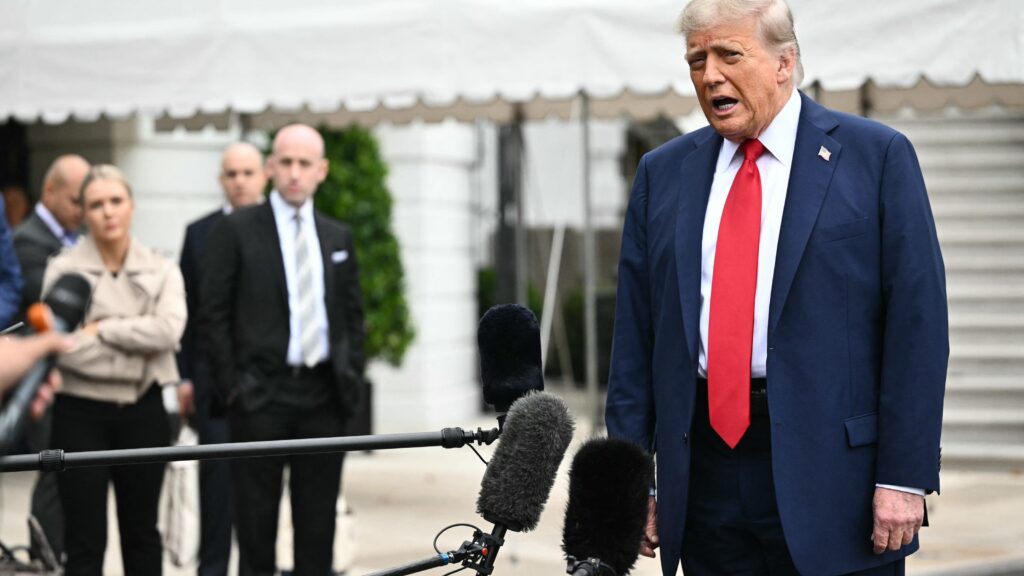The Trump administration has swiftly reversed its stance on conducting immigration raids at farms, hotels, and restaurants, despite President Donald Trump’s recent promise to protect migrants in these industries due to worker shortages. The Department of Homeland Security confirmed the decision, revealing a rift within the White House regarding exemption policies for certain sectors. While Trump’s Agricultural secretary, Brooke Rollins, advocated for protecting workers to prevent labor shortages, deputy White House chief of staff Stephen Miller opposed industry-specific carveouts.
The administration emphasized the importance of worksite enforcement to maintain public safety, national security, and economic stability, emphasizing the targeting of illegal employment networks that exploit critical infrastructure and disrupt labor markets. The shift in policy marked a departure from Trump’s previous mass deportation strategy, with about 42% of farm workers lacking legal status between 2020 and 2022. Despite initial plans to halt enforcement operations in selected industries, ICE officials later received instructions to resume immigration raids at farms, hotels, and restaurants.
Critics, including California Governor Gavin Newsom, derided Trump’s policy shifts, attributing the change to Stephen Miller’s influence. Trump’s directive to increase deportations from Democratic-run cities further escalated his administration’s immigration crackdown, despite widespread protests against the policy. The administration aimed to ramp up deportation efforts, with ICE targeting large Democratic cities like Los Angeles, Chicago, and New York. Despite setting ambitious deportation goals, the pace of arrests fell short of the targets set by Miller, highlighting ongoing challenges in implementing the administration’s immigration agenda.

